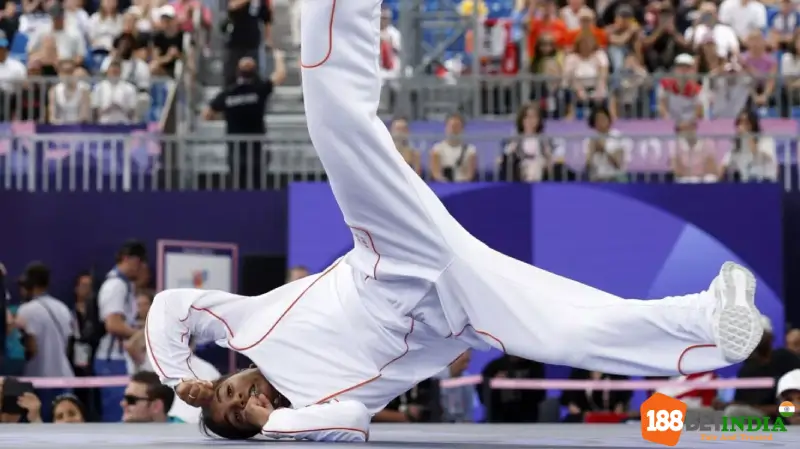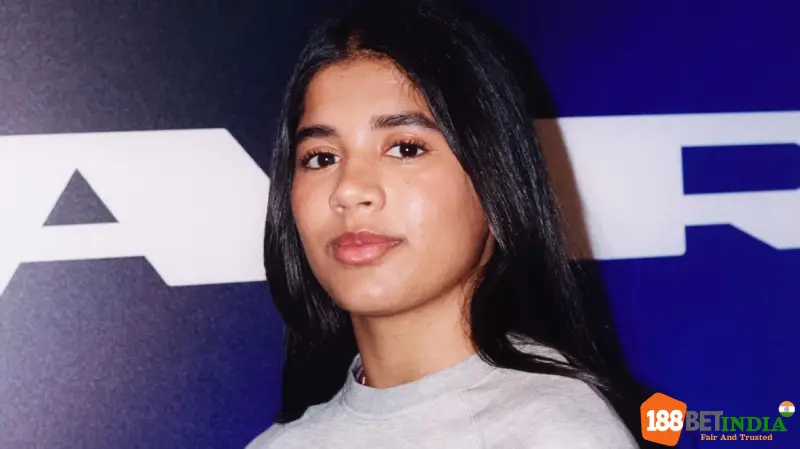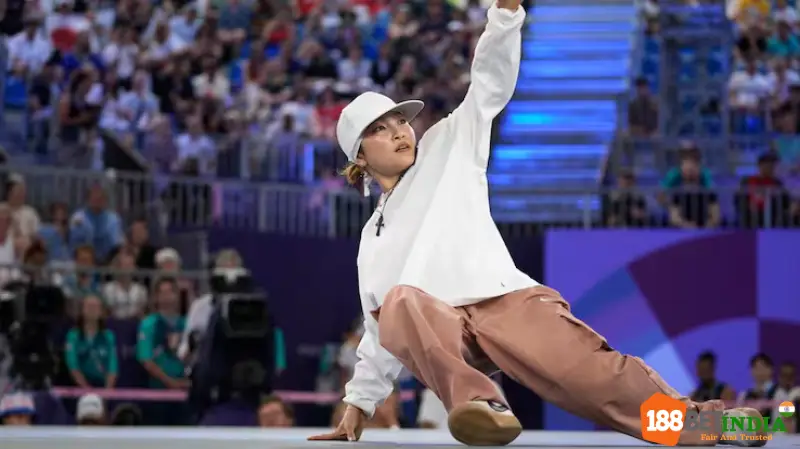The Paris Olympics 2024 will be remembered for many things, but one of its most groundbreaking moments is the introduction of breaking—commonly known as breakdancing—as an official Olympic sport. This bold move not only brought street culture to the grandest sporting stage but also highlighted the incredible athleticism, creativity, and artistry of B-Boys and B-Girls from around the world.

The Birth of Olympic Breaking: How It All Began
Breaking’s journey to the Olympics has been anything but conventional. What started as a form of street dance born out of the hip-hop movement in the 1970s Bronx, New York, has evolved into a global phenomenon. The dance form’s inclusion in the Olympics was part of a broader initiative to make the Games more appealing to younger audiences by incorporating urban sports like skateboarding and surfing.
The decision to include breaking in Paris 2024 marked a significant cultural shift for the Olympics, embracing the diverse and dynamic nature of modern sports. But beyond its cool factor, breaking is a sport that requires immense physical strength, technical skill, and a deep connection to music, making it a perfect fit for the Olympic spirit.
Understanding the Sport: How Breaking Competitions Work
In the Olympic format, breaking competitions are divided into two categories: men’s and women’s events. Each category features 16 participants who are divided into four groups of four. The competition unfolds through a series of battles, with dancers facing off against each other in a round-robin format. The winners advance to the knockout stages, culminating in a final showdown for the gold medal.
Judging in breaking is as dynamic as the sport itself. The dancers are evaluated on six core criteria: technique, variety, performance, musicality, creativity, and personality. These elements ensure that the competition remains true to breaking’s roots, celebrating not just athletic prowess but also the cultural and artistic expression that is central to the dance.
A Golden Moment: B-Girl Ami’s Historic Win
One of the standout moments of the breaking competition at Paris 2024 was when Japan’s B-Girl Ami, also known as Ami Yuasa, took home the gold medal in the women’s event. At just 25 years old, Ami delivered a performance that was a perfect blend of precision, flair, and innovation, defeating Lithuania’s B-Girl Nicka in a thrilling final.
Ami’s journey to Olympic gold was driven by years of dedication and passion for breaking. Starting her dance journey in the fifth grade, Ami developed a style that is uniquely her own, characterized by fluid movements and a deep understanding of musicality. Her victory not only earned her a place in the history books but also served as an inspiration to aspiring breakers worldwide.

The Rise of B-Girl India: A New Star is Born
Another name that has captured the world’s attention is B-Girl India, an 18-year-old sensation representing the Netherlands. India Sardjoe, known in the breaking community as B-Girl India, made history by winning the first-ever Olympic breaking battle in a pre-qualifier match against B-Girl Talash from the Refugee Olympic Team. This victory secured her a spot in the group stage and cemented her status as one of the sport’s rising stars.
India’s performance was nothing short of spectacular. Her moves, characterized by their fluidity and sharpness, have made her a crowd favorite and a strong contender in the competition. Her success at such a young age is a testament to the growing influence and global reach of breaking, and it signals a bright future for the sport.

The Future of Breaking in the Olympics: What Lies Ahead?
The 2024 Summer Olympics in Paris is the first time in the history of the Olympics that break dancing has been included in the competition. Today, the first gold medal in the history of the women’s event was won by the 25-year-old Japanese dancer Ami Yuasa, nicknamed “Ami”. She won the gold medal in the women’s category, but it is still unknown whether the break dancing project will continue in the future.
In the women’s gold medal match, Yuasa defeated the 17-year-old Lithuanian dancer and last year’s world championship champion “Nicka” Dominika Banevič 6-3, 5-4, 5-4, 3-0 in three rounds. Won a historic first gold. Yuasa Asami, who has been involved in break dancing since the fifth grade of elementary school, said: “I have been thinking about how to express my own style. I didn’t feel any pressure at all, and finally succeeded in expressing myself.”
Breakdancing was allowed to enter the Paris Summer Olympics as an optional sport in 2019. It is the first time in the history of the Olympics that breakdancing has been included. Yuasa Asami said frankly: “Break dancing is a culture, and I love this culture very much. However, after entering the Olympics, I am worried that the essence of break dancing will be lost.”
When Yuasa Ami was confused by this, his first coach, Katsuyuki Ishikawa, who is also the current director of the break dance department of the Japan Dance Sports Federation, reminded him not to change just because he became a sports competitor, as long as he continued to be himself. He then successfully overcame various difficulties, including defeats at last year’s World Championships and the Hangzhou Asian Games, and wrote history today. In this regard, Yuasa Yoshimi said: “It is really worth coming here to convey the charm of break dancing to those who don’t know it.”
Yoshimi Yuasa became the first breakdancing gold medalist in Olympic history, but it is still unknown whether this event will continue to be held in the Olympics in the future. The 2028 Los Angeles Summer Olympics, which has now confirmed its events, does not include breakdancing in the schedule.
Frequently Asked Questions
Breakdancing, also known as breakdancing, is a competitive dance sport that debuted at the 2024 Paris Olympics, with men’s and women’s events judged on technique, musicality and creativity.
Japanese B-Girl Ami (aka Yuasa Ami) won the first women’s wrestling gold medal at the 2024 Paris Olympics.
Contestants are judged on six criteria: technique, variety, performance, musicality, creativity and personality.
B-Girl India, an 18-year-old girl from the Netherlands, made history by winning the first goal-scoring contest at the Olympics, securing a spot in the group stage.
Project Breaking has been considered for inclusion in the 2024 Paris Olympics, but it is currently uncertain whether it will be included in future Olympics, such as the 2028 Los Angeles Olympics.

Conclusion
The inclusion of breaking in the Paris 2024 Olympics has been a game-changer, bringing a new level of diversity and excitement to the Games. It has highlighted the incredible talent and creativity of B-Boys and B-Girls, and has shown that the Olympic stage is not just for traditional sports but also for modern, urban expressions of athleticism and art. As we look forward to future Olympics, the legacy of breaking at Paris 2024 will undoubtedly inspire a new generation of dancers and athletes to dream big and break boundaries.
